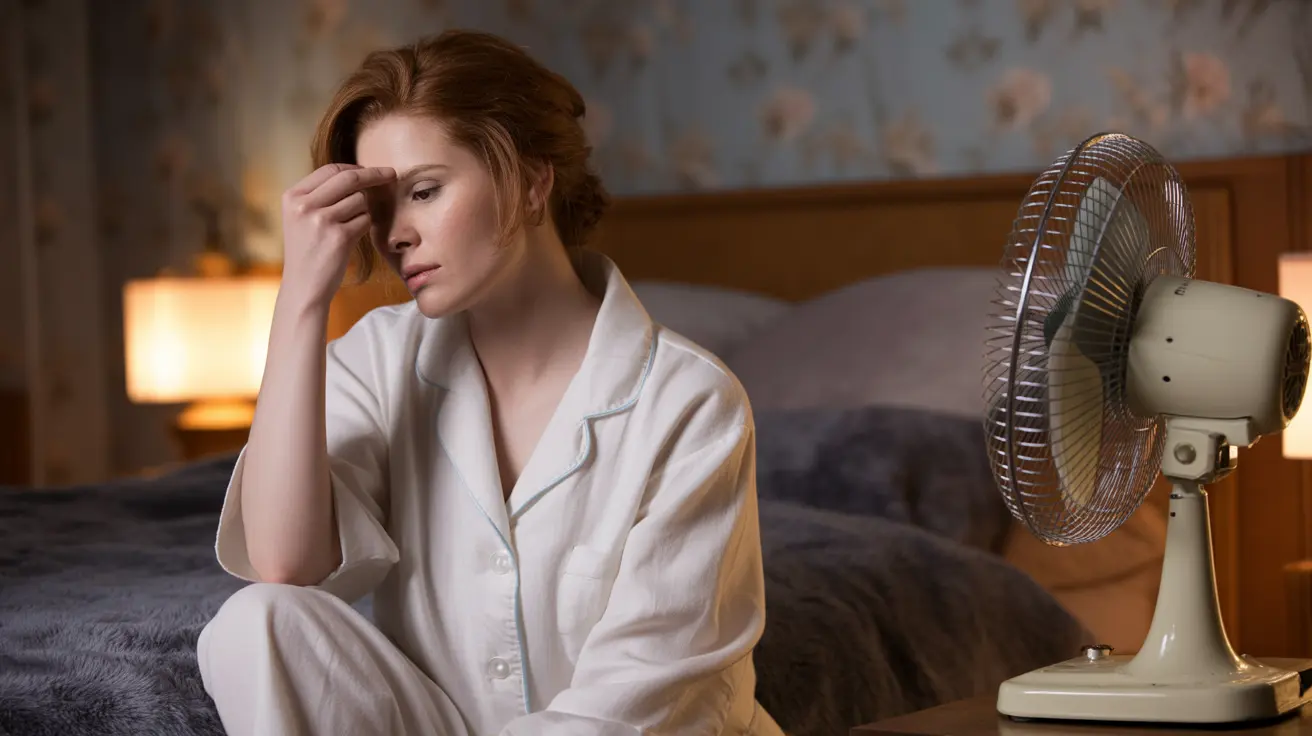Experiencing night sweats during your menstrual period can be uncomfortable and disruptive to your sleep. This common occurrence affects many women and is typically related to hormonal fluctuations throughout the menstrual cycle. Understanding why these night sweats happen and how to manage them can help you maintain better sleep quality during your period.
Understanding Night Sweats and Menstruation
Night sweats during your period are characterized by episodes of excessive sweating that can soak through your nightclothes and bedding. These episodes are closely tied to the hormonal changes that occur throughout your menstrual cycle, particularly the fluctuations in estrogen and progesterone levels.
Hormonal Causes of Period-Related Night Sweats
The primary reason for experiencing night sweats during your period is the significant hormonal shifts that occur during your menstrual cycle. Just before and during menstruation, your body experiences rapid changes in hormone levels, which can affect your body's temperature regulation system.
Key Hormonal Factors
Several hormonal changes contribute to night sweats during menstruation:
- Estrogen level fluctuations
- Changes in progesterone production
- Alterations in the body's temperature regulation
- Impact on the hypothalamus (body's thermal control center)
Managing Night Sweats During Your Period
While you can't completely prevent night sweats during your period, several strategies can help minimize their impact:
Lifestyle Adjustments
- Keep your bedroom temperature cool
- Use lightweight, breathable bedding
- Wear moisture-wicking sleepwear
- Stay hydrated throughout the day
- Maintain a consistent sleep schedule
Dietary Considerations
Some dietary modifications can help reduce night sweats:
- Avoid spicy foods before bedtime
- Limit caffeine and alcohol consumption
- Eat a balanced diet rich in nutrients
- Consider evening meal timing
When to Consult a Healthcare Provider
While night sweats during your period are often normal, certain situations warrant medical attention:
- Severe night sweats that significantly disrupt sleep
- Sweating accompanied by fever or unexplained weight loss
- Night sweats occurring outside your regular menstrual cycle
- Sudden onset of severe night sweats
Frequently Asked Questions
- What causes night sweats during the menstrual period and how are they related to hormone changes?
Night sweats during menstruation are primarily caused by fluctuations in estrogen and progesterone levels. These hormonal changes can affect your body's temperature regulation system, leading to excessive sweating at night.
- Are night sweats during my period a sign of perimenopause or another health problem?
While night sweats can be a normal part of menstruation, they may also indicate perimenopause in women approaching their 40s or 50s. However, they could also be related to other conditions and should be evaluated by a healthcare provider if they're severe or concerning.
- How can I manage or reduce night sweats that happen before or during my period?
You can manage period-related night sweats by keeping your bedroom cool, using breathable bedding, wearing moisture-wicking sleepwear, staying hydrated, and maintaining good sleep hygiene. Avoiding triggers like spicy foods, caffeine, and alcohol can also help.
- When should I see a doctor about night sweats occurring with my menstrual cycle?
Consult a healthcare provider if your night sweats are severe, disrupt your sleep significantly, occur outside your regular menstrual cycle, or are accompanied by other symptoms like fever or unexplained weight loss.
- Can other conditions like thyroid problems or infections cause night sweats during menstruation?
Yes, various conditions can cause or worsen night sweats, including thyroid disorders, infections, certain medications, and other underlying health conditions. If you're concerned about your night sweats, particularly if they're accompanied by other symptoms, consult with your healthcare provider for proper evaluation.




